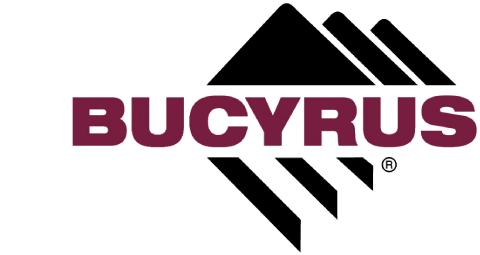
1 minute read
OPERATING INSTRUCTIONS RH170 Introduction
FIRE AND EXPLOSION HAZARD Safety instructions
Prior to commencing work, obtain informationon the national and corporate rules for the prevention of accidents and avoiding fires.
Pay particular attention to hazards caused by combustible and easily flammable substances.
Obtain information on the safe handling of the fire extinguishers to be used.
Avoid smoking and open fire on, next to and below the excavator.
Combustible and easily flammable substances or liquids increase the fire and explosion hazard. Do not store or transport flammable substances on the excavator during the work. This is also valid for pressure vessels containing flammable substances as, for instance, spray oil or cold-starting fluid (ether). They are heat-sensitive and can explode even if exposed only to intensive sunlight.
Clean the excavator carefully, if oil, grease, fuel, detergents or cold-starting fluid have been spilt over the machine. If possible, use a steam-jet cleaner for cleaning.
These substance can also ignite themselves if they come close to hot units or objects as, for instance, a turbocharger.
Even battery gases can ignite in open flames or fire.
Avoid parking the excavator in places where
combustible substances such as coal dust or tar are present.
open or smouldering fire may occur.
Remove the excavator from such an area where combustible or easily flammable liquids have spilled from the excavator onto the ground.
Flying sparks (caused by welding, flame cutting, grinding, electrical short-circuit) may cause fire on the ground that can spread to the excavator.
Place suitable fire guardings (fire barriers) if open fire or flying sparks cannot be avoided during repair work.
Apply special protection to cables, cable ducts as well as to hose and pipe lines.
If necessary, also cover the ground with fireprotective blankets.
The engine compartment can be equipped with pressure vessels containing cold-starting fluid (ether). Ether is toxic and highly flammable; the vessels are under pressure. These pressure vessels can explode if exposed to high temperatures (above 49°C / 120°F) or in the event of damage. Protect the pressure vessels against damage before beginning to work in or close to the engine compartment. Ensure sufficient ventilation.
Clean the excavator before starting a job. Do not keep any fire extinguishers that are not suitable or have not been tested.
Do not extinguish flammable liquids with water.
Use:
dry-powder,
carbon-dioxide or
foam extinguishing compounds.
When getting into contact with burning substances, the fire-fighting water would abruptly evaporate and distribute the substance such as oil over a wide area. Water causes short-circuits in the electrical system thus possibly entailing new hazards.
Call the fire brigade.
Have all your welding, flame cutting and grinding work approved.


